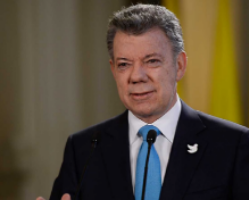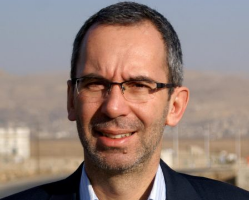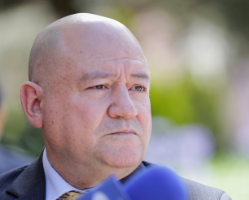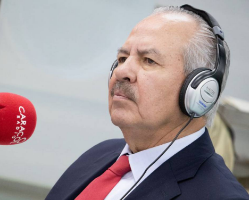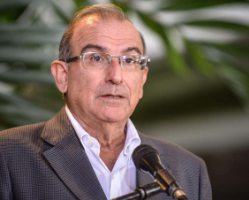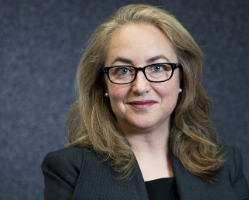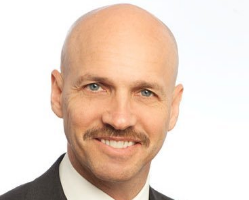THE CHARACTERS
THE NEGOTIATORS, HOW TO MAKE PEACE
Being a negotiator is not easy. Without a fixed residence, with destinations and countries that change every three years, you have no home or property. Yours is a life of transhumance. They travel with the one that fits inside a container. Doing their job, they can be killed; every day, every day. In fact, colleagues on different ICRC missions have left their lives.
No, playing the role of negotiator/"problem solver" for the world is not easy, but they are aware that the decisions they make can improve the lives of many people, even though they will never see their work completed.
On the other hand, as Jordi Raich often says: "theirs is the best job in the world."
The documentary works on this figure of the negotiator, embodied in different characters who in turn show various angles and evolutionary moments within the life trajectory of those who are dedicated.
In this way we want to build in the mind of the viewer an ideal "Negotiator", impossible to build following a single person.
At the same time, we are aware that each person's personal circumstances (the details of their life, to put it easily), are also relevant because they are the ones that, step by step, end up constituting the person's memory and trajectory.
It is this that, after intensive research, has made us choose our protagonists. All four have enough elements in common to build the figure of the Negotiator in a solid way, and all three are in different situations in the social, professional and personal environment to illustrate the different types of tasks to be developed and also the different types of conflicts they have to face.

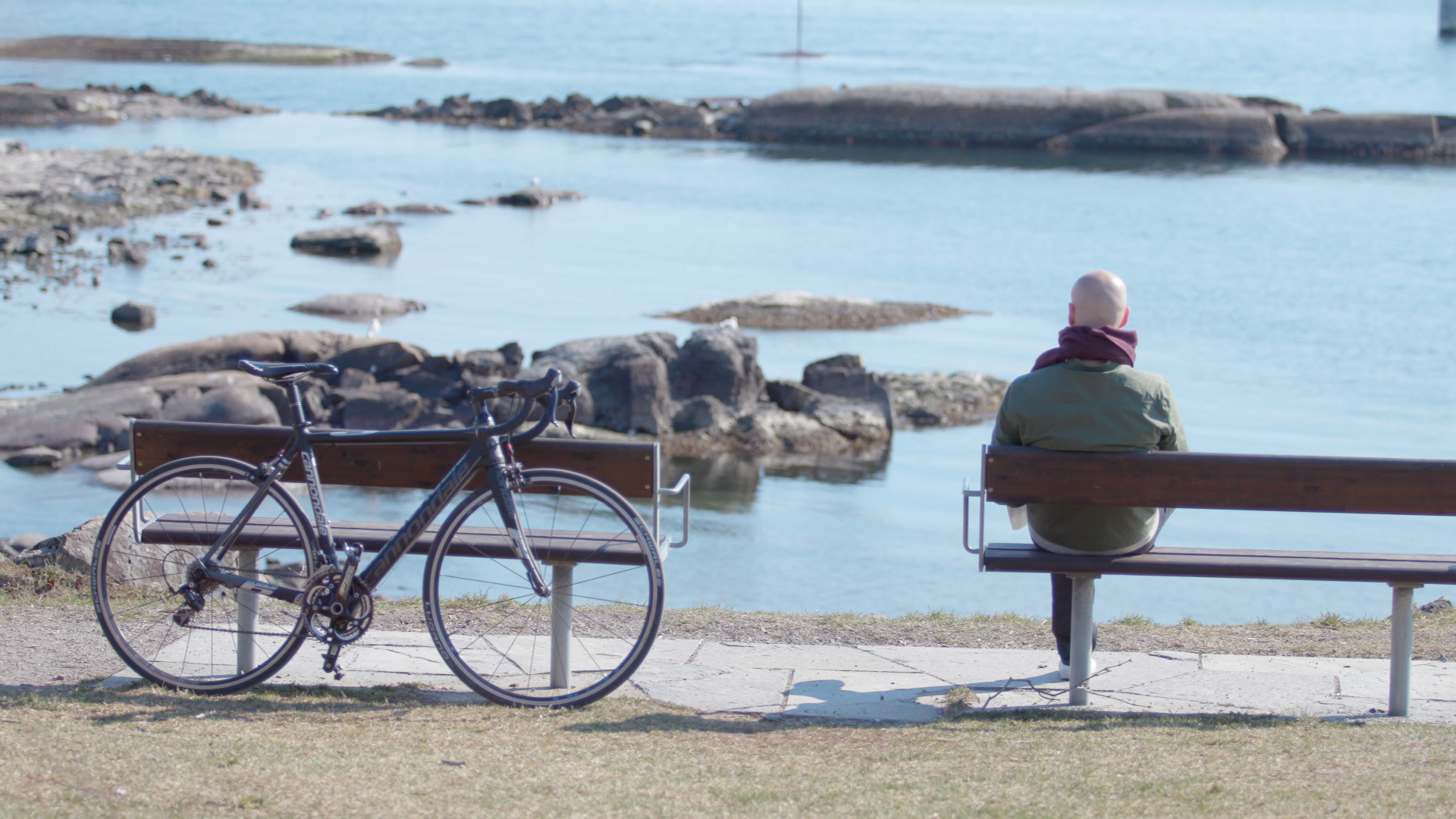
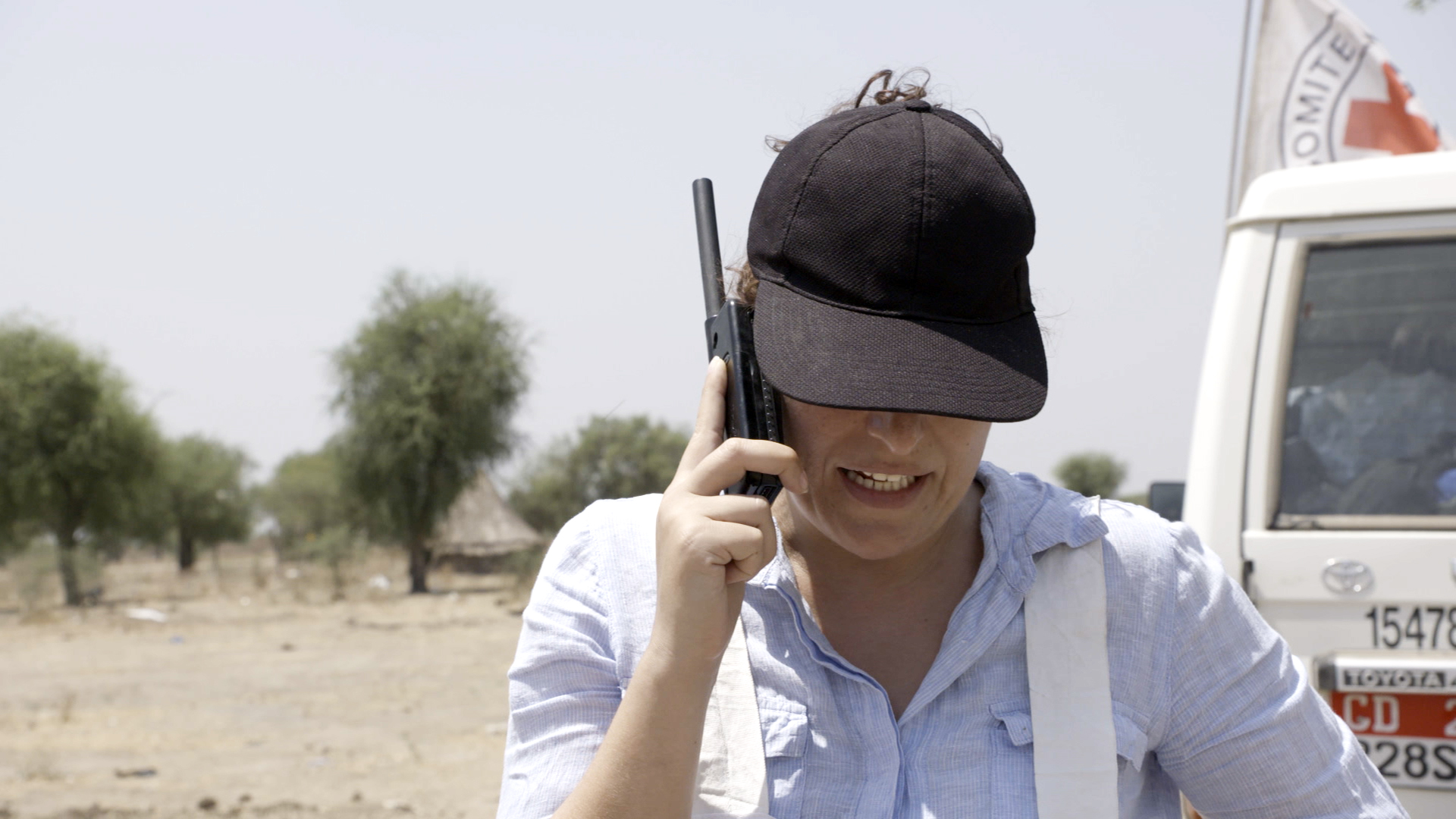
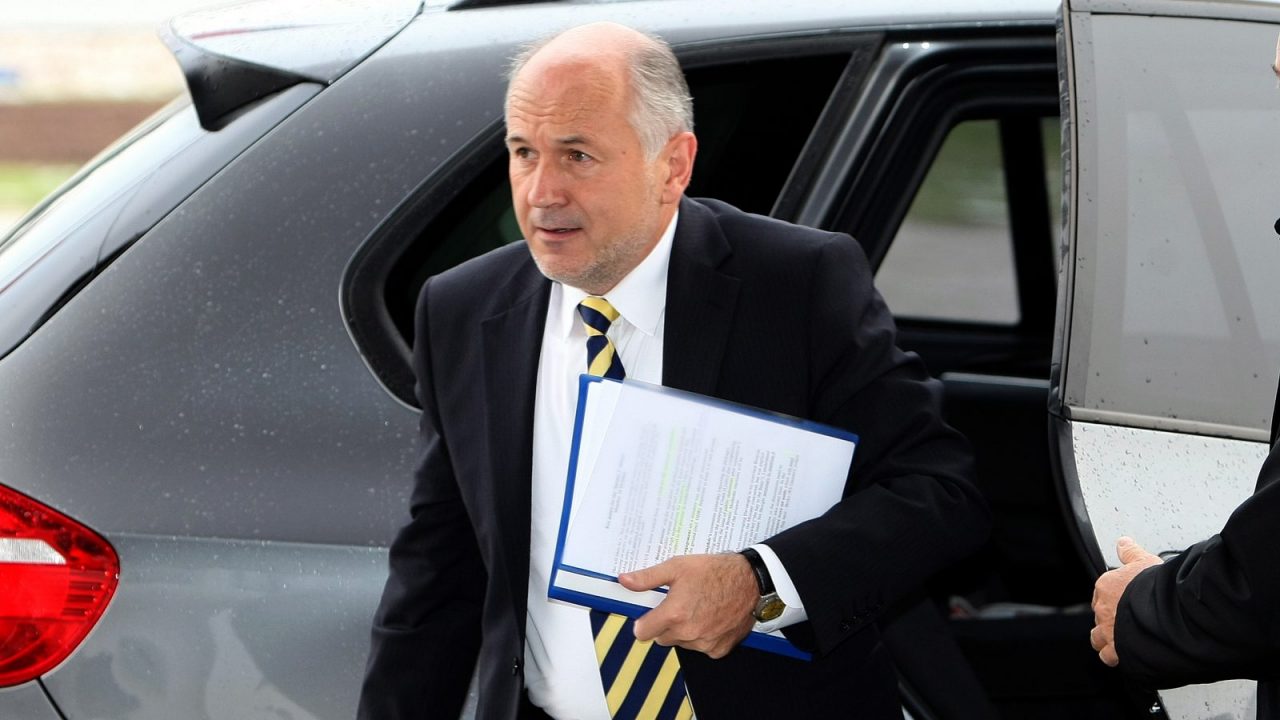
“Negotiating is the game where there are only winners.”
JORDI RAICH CURCÓ
THE PROTAGONIST
Jordi Raich Curcó (Barcelona 1963) studied Biology at the Central University of Barcelona and Law and International Relations at the School of Oriental and African Studies of the University of London.
Since 1986 he has been working in humanitarian aid as a project coordinator, evaluator, researcher and consultant on epidemics, earthquakes, famines and, especially, wars.
He has worked in Equatorial Guinea, Peru, El Salvador, Kenya, Somalia, Rwanda, Burundi, Uganda, Angola, Mozambique, Mauritania, Georgia, Guatemala, Zaire, Yugoslavia, Afghanistan, Pakistan, Washington, New York, Tajikistan, Sierra Leone, Liberia, Israel, Palestine, Lebanon, Sudan and Colombia.
In Spain, he was Director of External Relations for Médecins Sans Frontières (MSF) and is a founding member of Arquitectos Sin Fronteras (ASF). He is also an associate researcher, specializing in operations, ethics and human rights, at the Institute of Studies on Conflicts and Humanitarian Action (IECAH). He has also been a protection delegate and Head of Delegation of the International Committee of the Red Cross (ICRC).
This Spaniard, known by the nickname "El Pasa-Fronteras" after his illegal entry into Zaire, spent three weeks in prison in Uganda accused of spying for the CIA, was lost in the Somali desert with the Italian army while waiting for a general who never arrived, was attacked by the wounded he saved from the bombed hospital in Vukovar, distributed food under fire from rebel motorists during the siege of Monrovia and went jogging with prison guards at Guantanamo. Today he is the head of the ICRC in Somalia.
Also, at this time, Jordi Raich faces a new personal challenge. A few weeks ago, he was operated on for a lung cancer that has also affected his adrenal glands. In a few weeks, he plans to begin chemotherapy treatment which will last for six months.
Despite two recent operations, we have filmed with him in Mexico and Tijuana on the ground to understand the work he is doing in this area and the difficult challenges he faces.
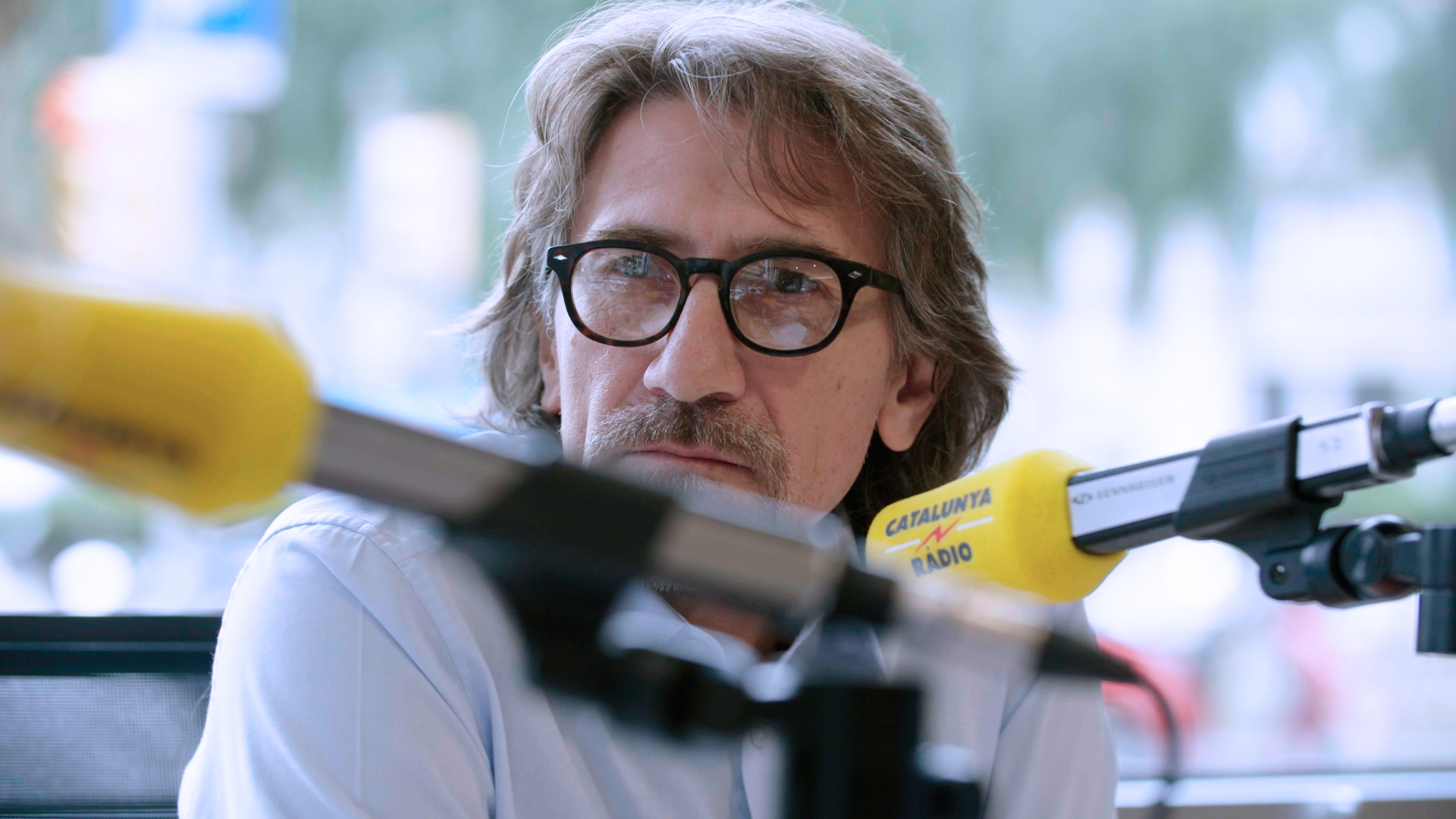
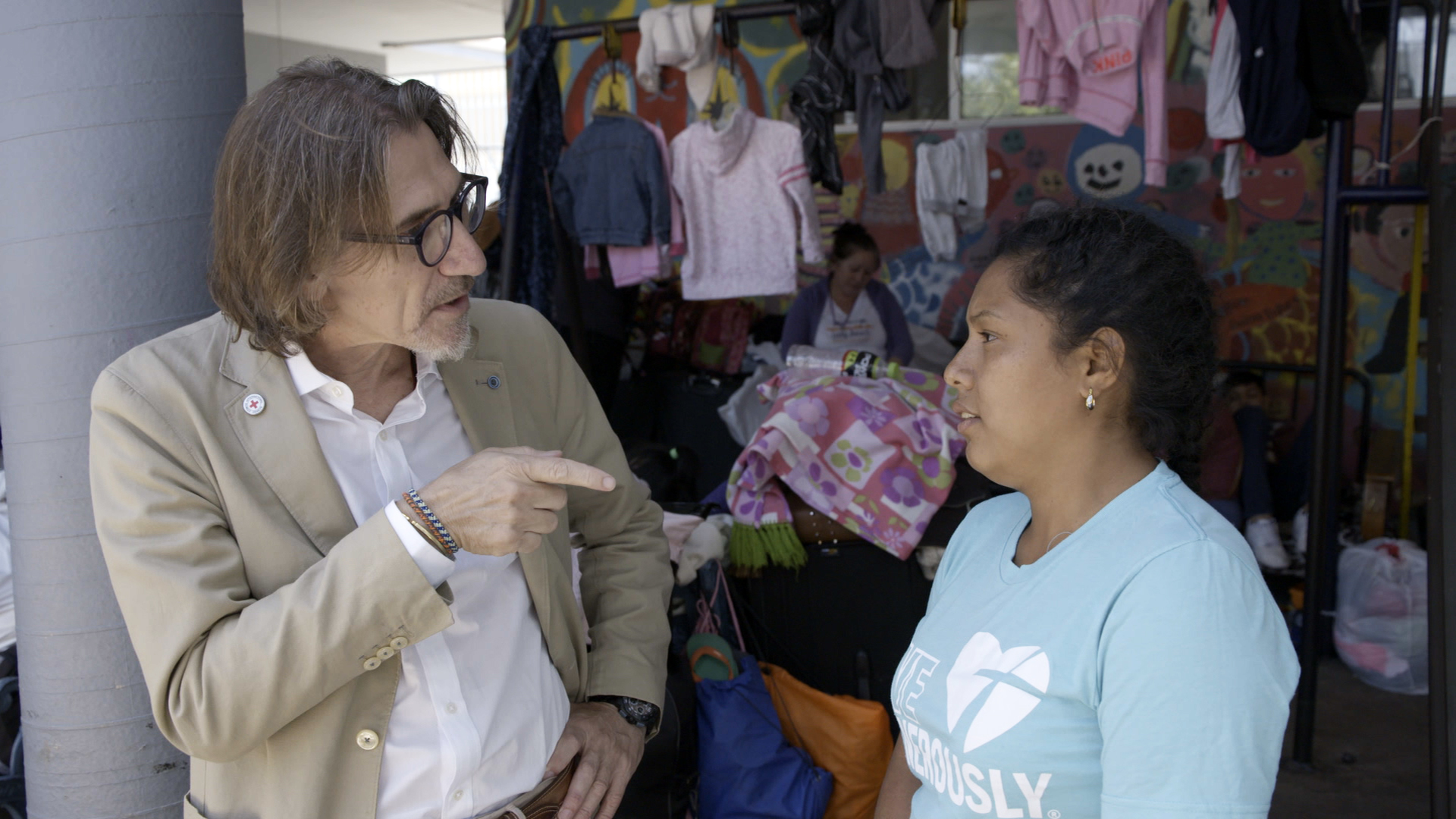
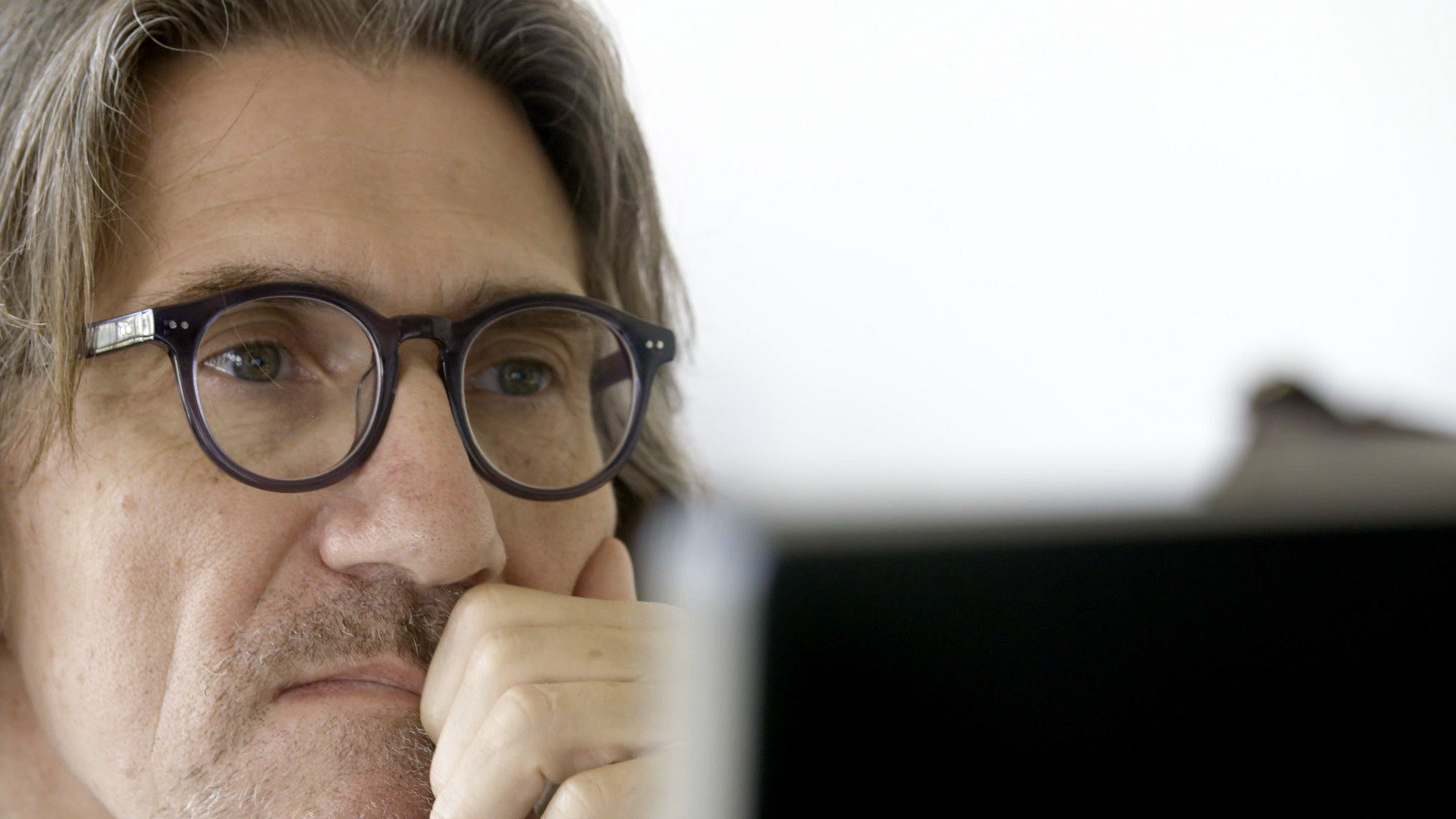
“Jordi Raich has spent more than 30 years at the heart of conflict and humanitarian crisis.”
“In 2012, Jordi Raich negotiated the release of hostages held by the Colombian guerrilla.”
“Now Jordi Raich has been assigned to Mexico.”
DORSA NAZEMI SALMAN
DORSA NAZEMI SALMAN (Iran, 1980).
She was born just the year her home country was going to war with Iraq.
She lived in Iran until she was seventeen. At that time, she relocated with her entire family to Perth, Australia.
When he arrived, he did not speak English, and in a short time he learned the language very easily.
Years later, before starting to work with the ICRC, he worked for the Prime Minister.
Being in conflict zones like Afghanistan and Nigeria, he has learned to develop some skills, such as alighting on the minds of both sides of the conflict to try and guess where the next possible offensive might be, where the population would move, because at the slightest confrontation there is dispersed. And this is key so the ICRC has to move to assist them.
Their bedside book is Machiavelli's "The Prince". He thinks that in this book you can find many of the keys to using a negotiation process.
The region where he currently serves is one of the most volatile in the country, which makes it one of the most challenging areas for the ICRC in carrying out its operations. The ICRC's base is in the capital, Boro. Although it is protected, security is not 100% guaranteed. In fact, other NGO camps have been attacked and looted.
It is quite exceptional for a woman to lead a delegation on the ground in one of the most dangerous countries in the world, and that this, like other destinations where she has worked, is a patriarchal society, immediately makes one think that being a woman can be an obstacle. She had never raised the issue of gender as a problem.
The ICRC's neutrality is key to everything Dorsa does. She cannot be publicly critical in the way that other humanitarian workers can be, but she has her own ideas.
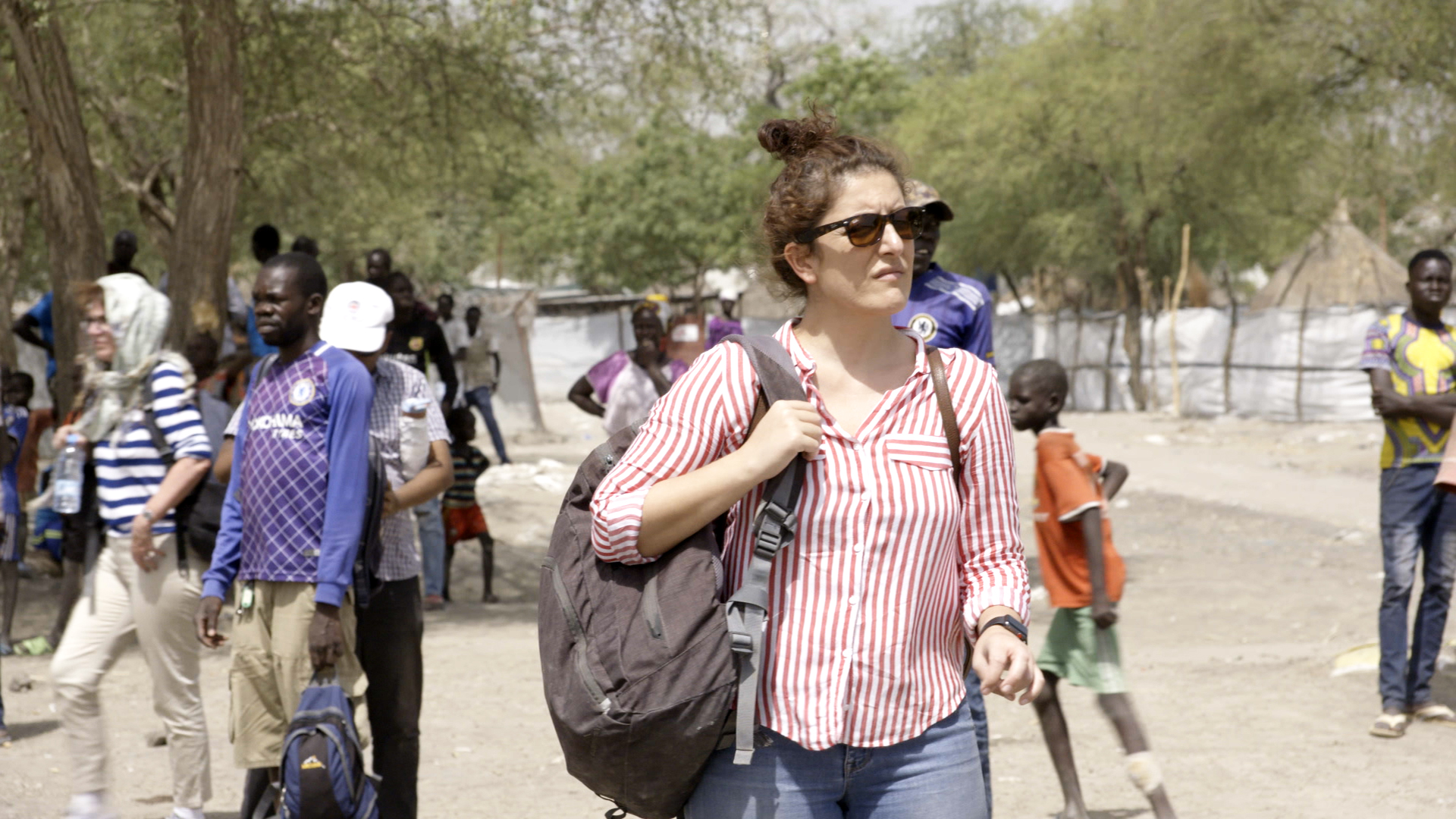
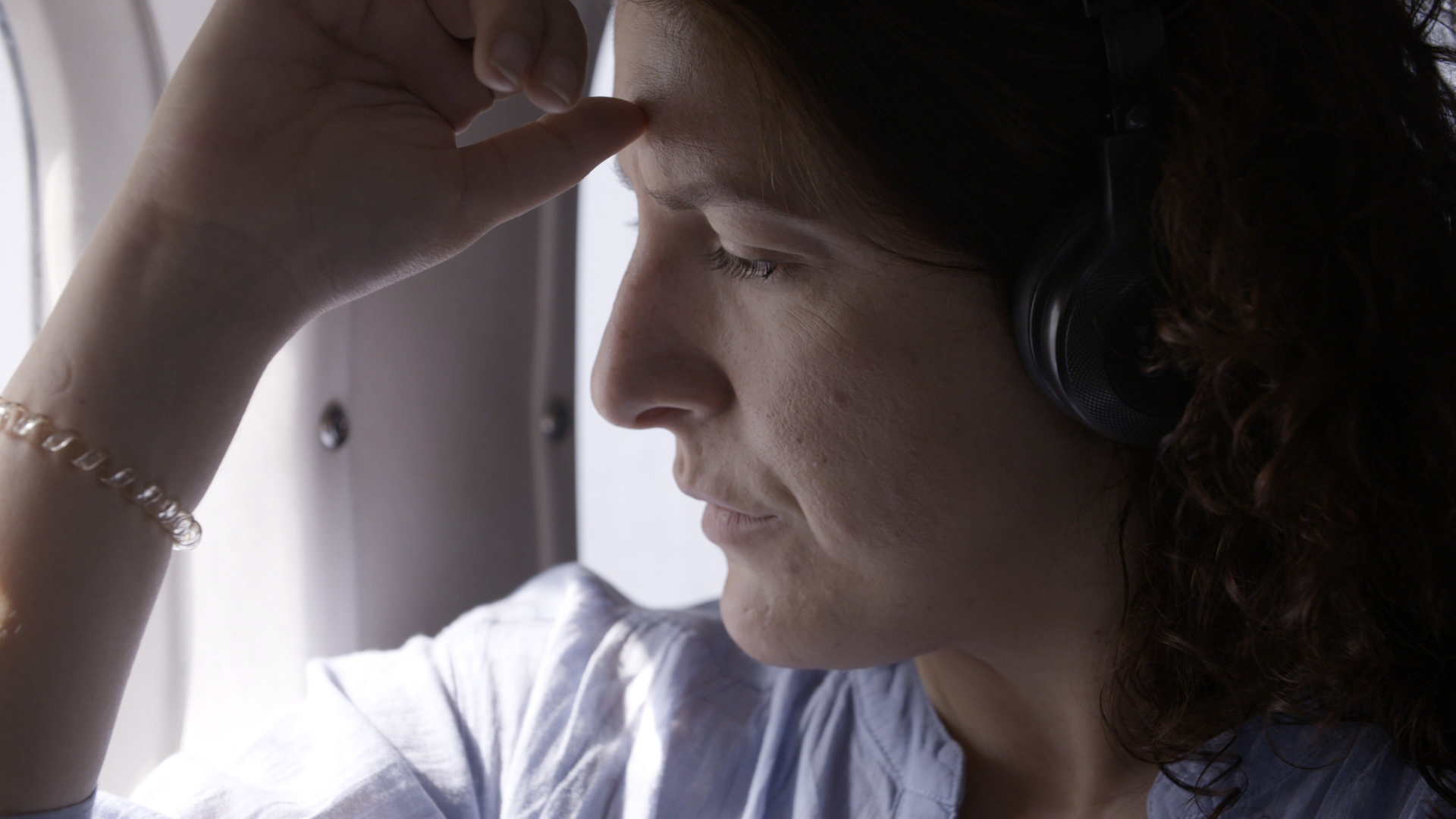
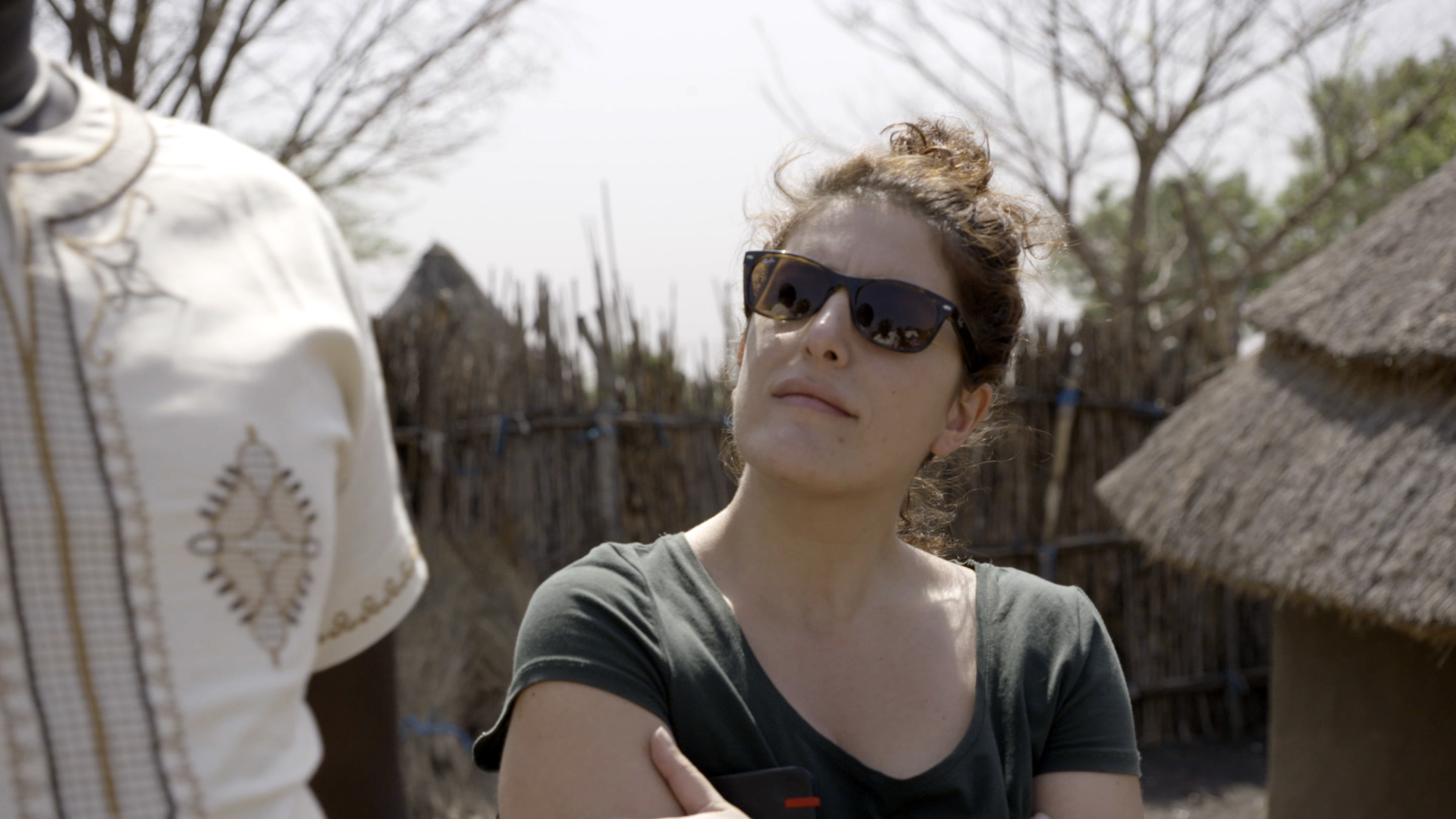
VALENTIN INZKO
VALENTIN INZKO (Klagenfurt, Austria 1949).
Valentin Inzko is an Austrian diplomat, born in Austria in 1949, and since 2009 he has been the High Representative for Bosnia and Herzegovina. He is one of the people internationally responsible for implementing the Dayton Accords, the general framework agreement for peace in Bosnia and Herzegovina.
The agreements that were promoted by the American president Bill Clinton and signed at the Dayton military base were signed in 1995 by the main leaders of the states in conflicto; Slobodan Milosevic, Franjo Tudjman and Alija Izetbegovic.
The main objective of the agreement was to promote peace and stability in Bosnia-Herzegovina and to support balance in and around the former Republic of Yugoslavia.
It was not easy. The state of Bosnia-Herzegovina was established as the Federation of Bosnia-Herzegovina and the Republic of Serbia. The implementation of the Dayton Agreement has forced the construction of a puzzle in which a multi-ethnic state of Croats, Serbs and Bosnian Muslims with a rotating head of state and common institutions must live together in a single constitution, a central bank and a constitutional court.
Valentin Inzko knows the whole region and its complex web very well. Inzko is himself a clear example of how the complex Balkan mosaic is structured. Born in Austria, in the Slovenian area, educated in a bilingual (German-Slovenian) Catholic school, linguist and doctor in Slavic law and philology, he speaks fluently Slovenian, German, Serbo-Croatian, English, Russian, French and Czech.
A career diplomat, he has been posted to Belgrade, the United Nations, the Czech Republic, the Organization for Security and Cooperation in Europe (OSCE) and has served as Austria's ambassador to Bosnia-Herzegovina and Slovenia. Since 2009 he is the High Representative for Bosnia-Herzegovina.
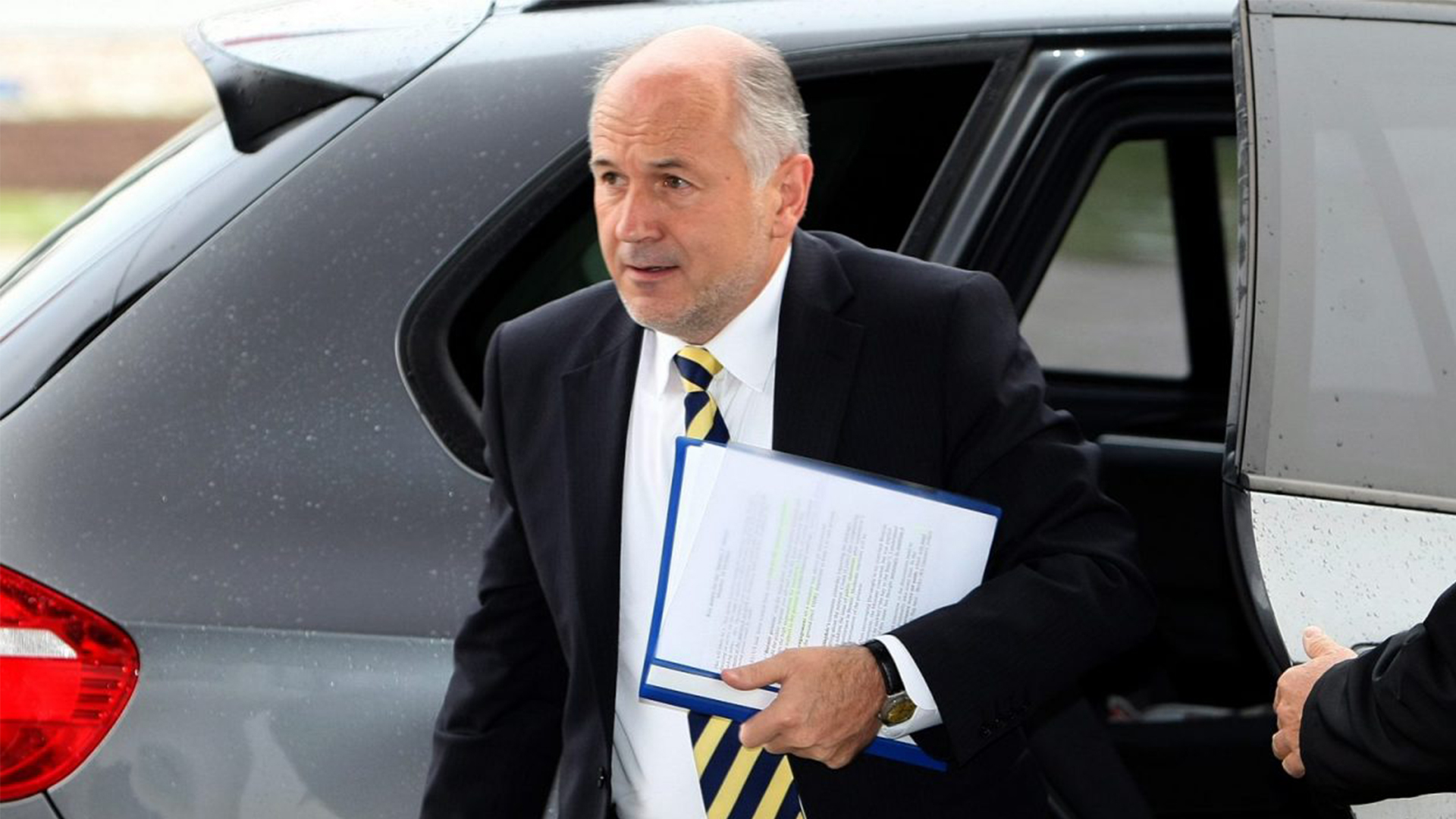
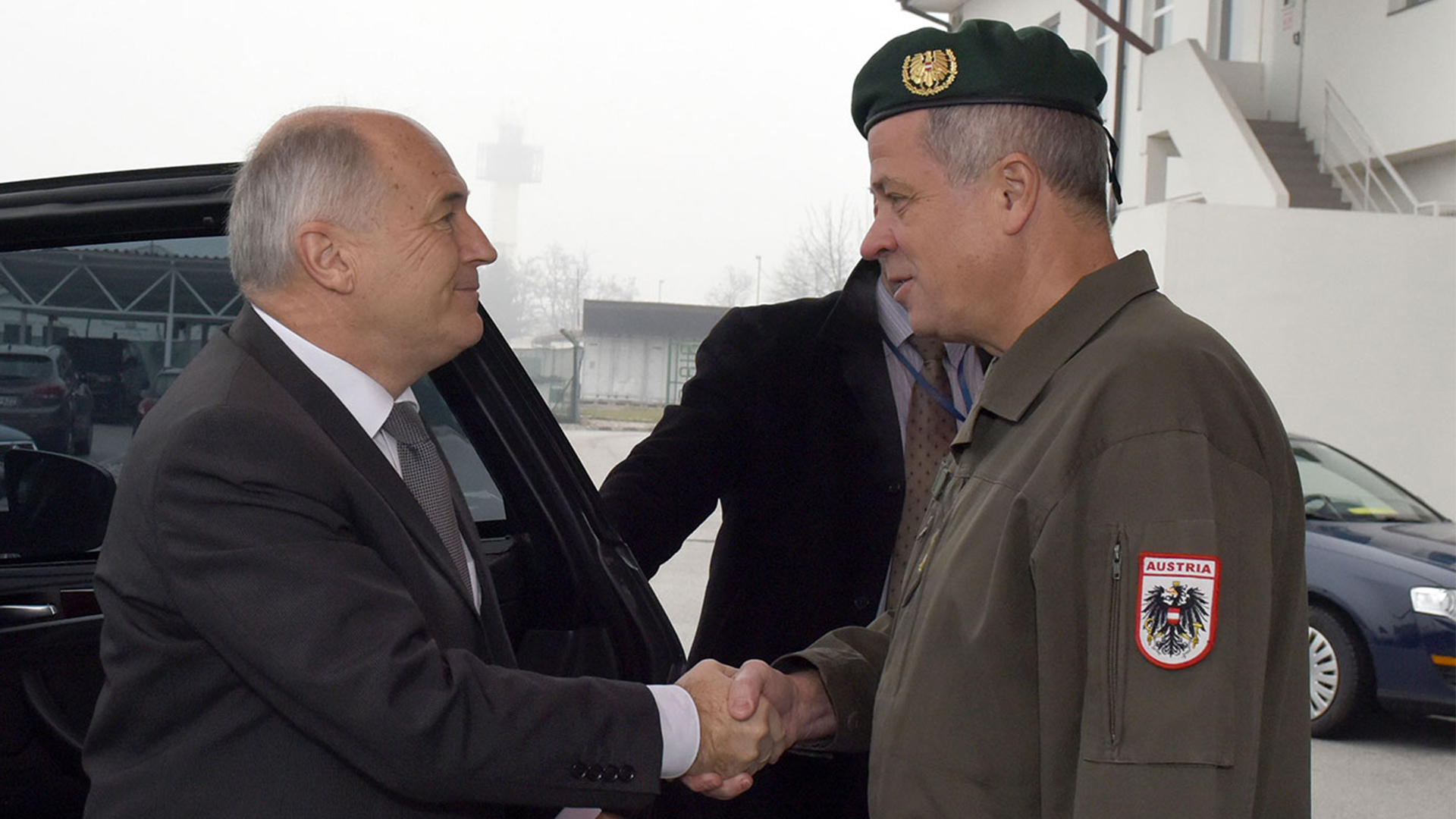
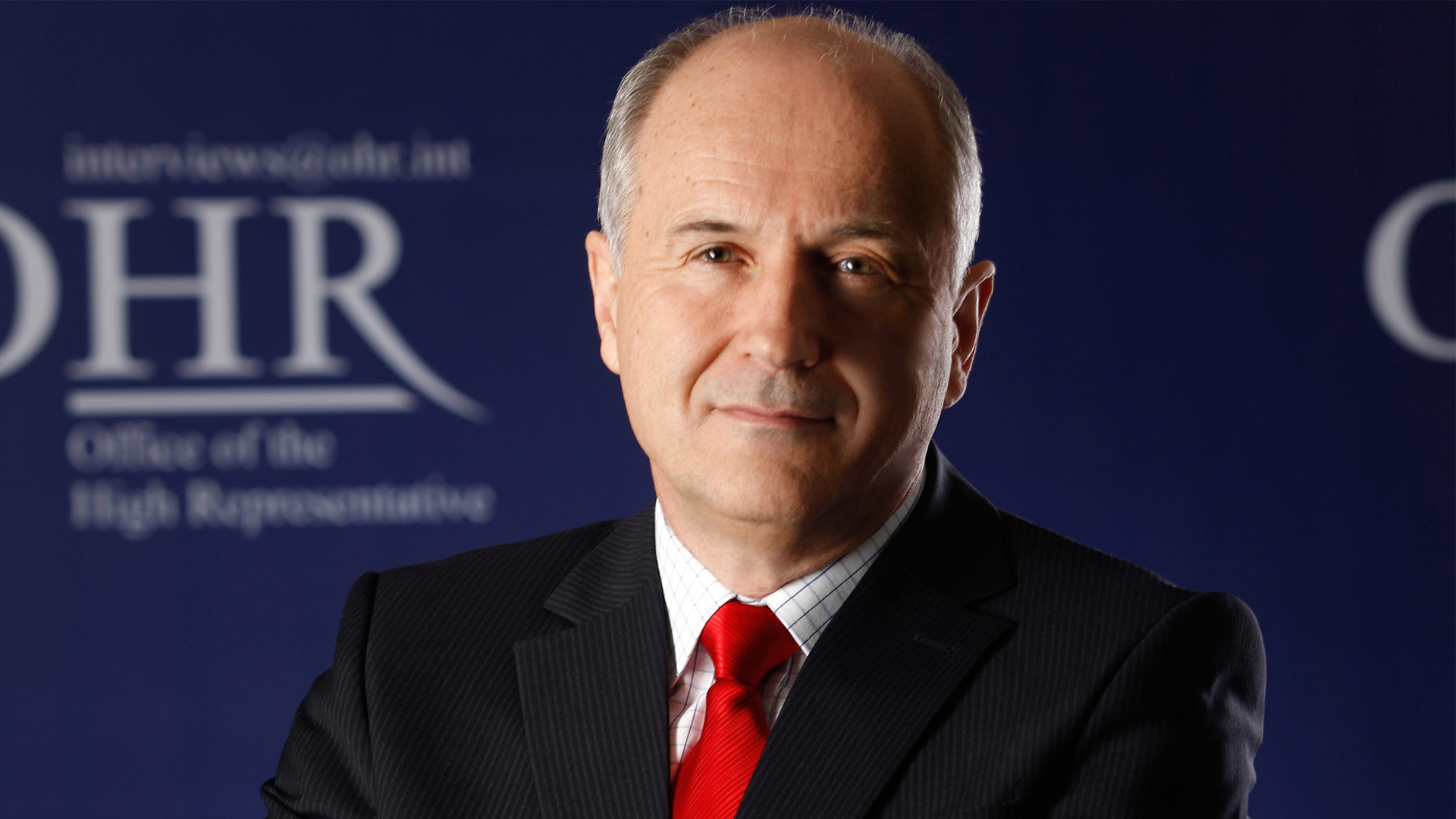
“For Valentin Inzko, negotiation is part of his whole professional life. ”
DAG HALVOR NYLANDER
DAG HALVOR NYLANDER (Norway, 1969).
Norway: Fjord diplomacy
Why Norway? Norway is a small country with a population of 5.2 million and an annual income of €65,000 per capita. Norway's foreign policy has focused on maintaining an internationalist line in favour of development and peace in the world, which it combines with the defence of Norway's national interests. This internationalist stance is reflected in development aid, which amounts to approximately 1% of GDP, and generous voluntary contributions to United Nations programmes.
Over the past three decades Norway has built up a global international reputation as a facilitator of peace processes, such as the Oslo Accords signed in Washington in 1993 between Palestine and Israel. However, Norway has also participated officially in many other agreements: Guatemala, Afghanistan, Burma, Nepal, Sri Lanka or Sudan.
Norway is a country that has made conflict resolution policies a priority objective of its foreign policy. After the dissolution of its union with Sweden in 1905, Norway retained the prerogative to award the Nobel Peace Prize every year.
Dag Nylander has a law degree from the University of Oslo.
He is a career diplomat, and has represented his government in various capacities. He is fluent in Spanish, English and Norwegian.
From 1999 to 2001 he served at the Norwegian Embassy in Buenos Aires. He represented his country as a delegate to the United Nations from 2001 to 2004.
His involvement with the Colombian conflict goes back a long way: he served as Norway's head of mission in Bogotá from 2006 to 2008 and, even more importantly, from 2012 to 2016 he was Norway's special envoy to the Colombian peace process.
In 2017, he was called to serve as the personal representative of the UN Secretary-General on the border dispute between Guyana and the Bolivarian Republic of Venezuela.
As you can see, Dorsa Nazemi, despite being an experienced negotiator, is still at an "early stage" in terms of the profile of the negotiator.
Dag Nylander reflects the more "ideological" side of the character, the moral background that every intermediary has to have in order to carry out his work effectively, and also the more "high-flying" profile.
Jordi Raich, finally, is the living portrait of the Negotiator in his final phase: the person who has been everywhere and seen everything.
We believe that the sum of all of them offers us a complete emotional journey into the secrets of this unique profession.

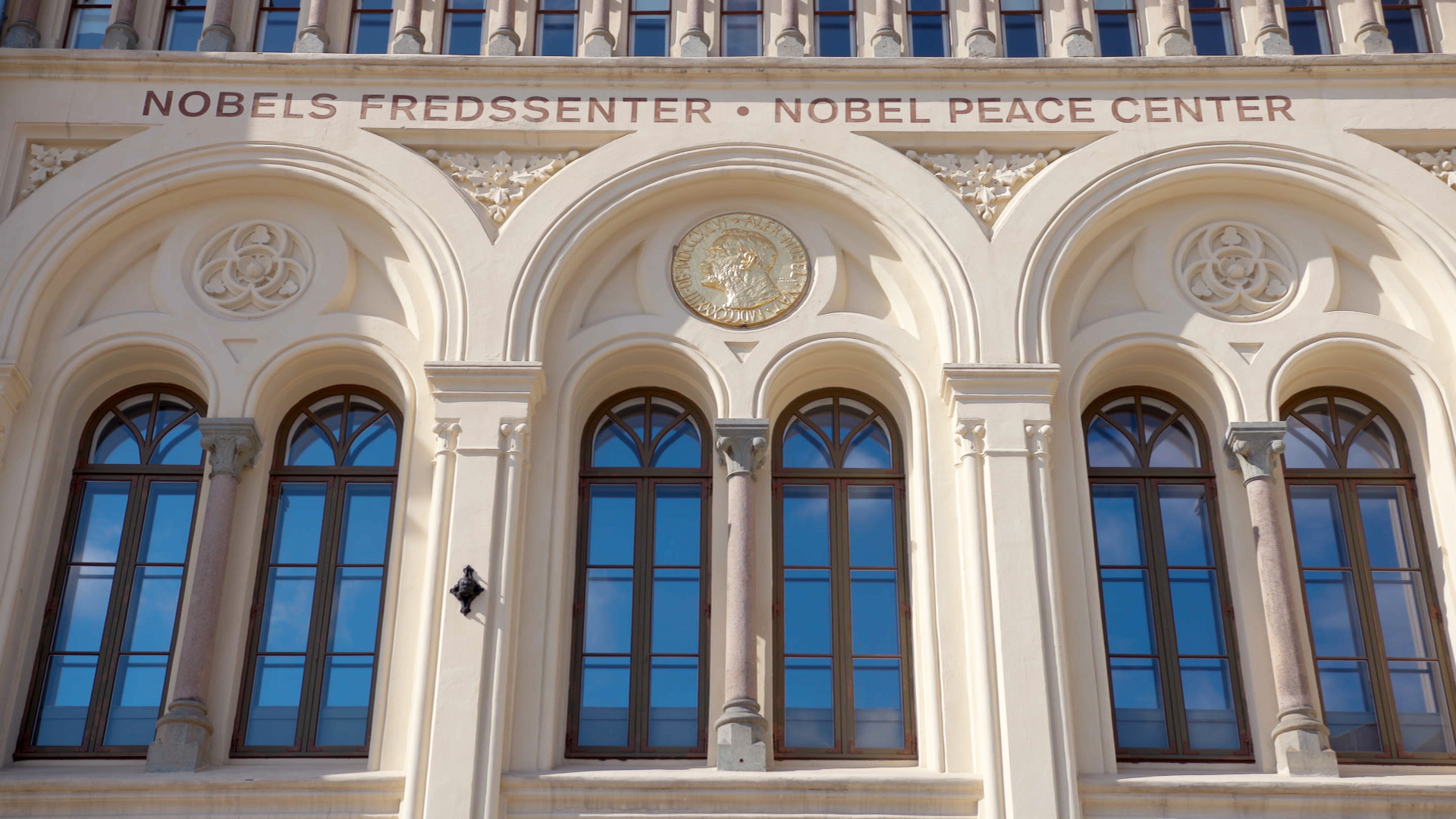
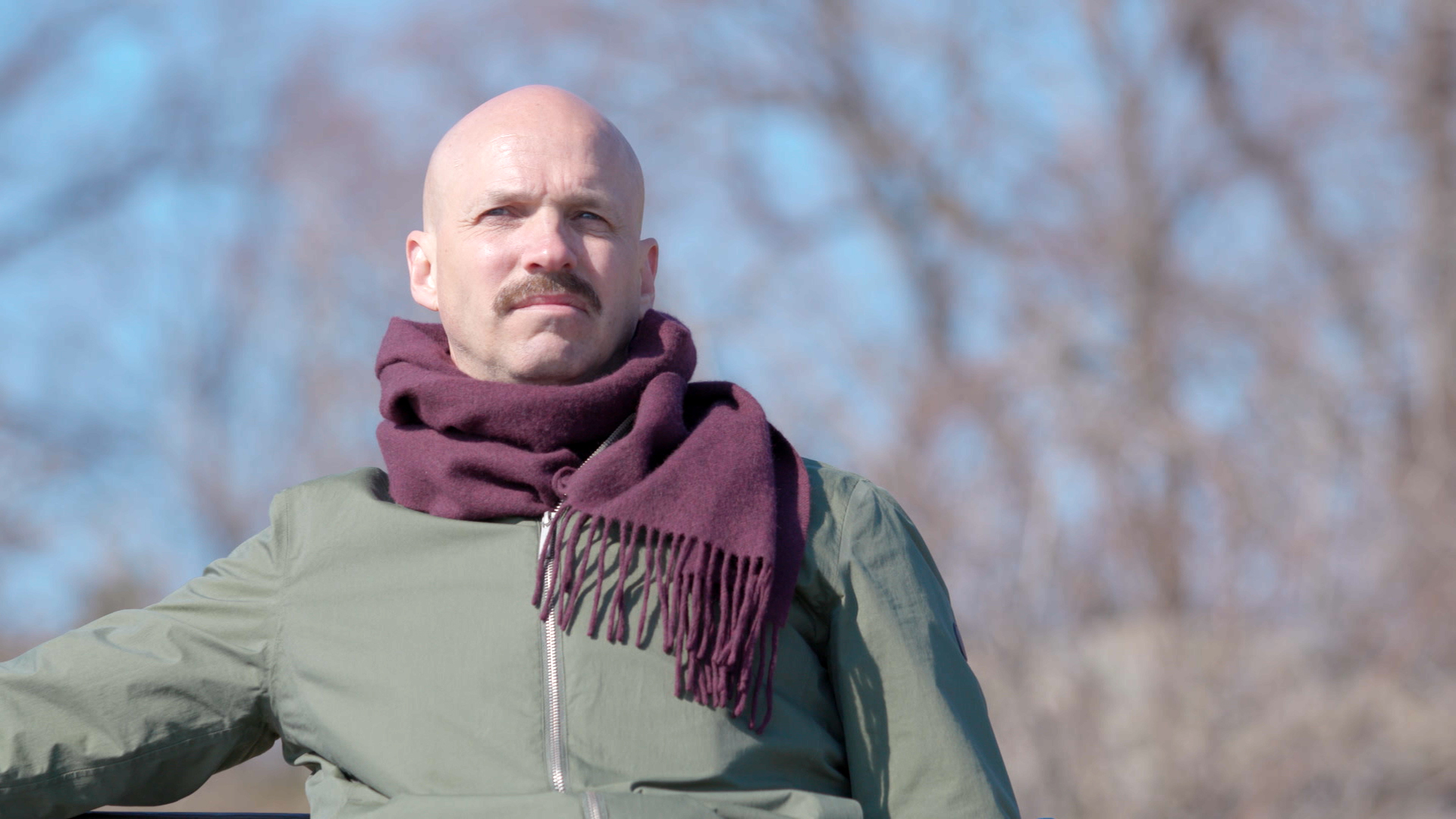
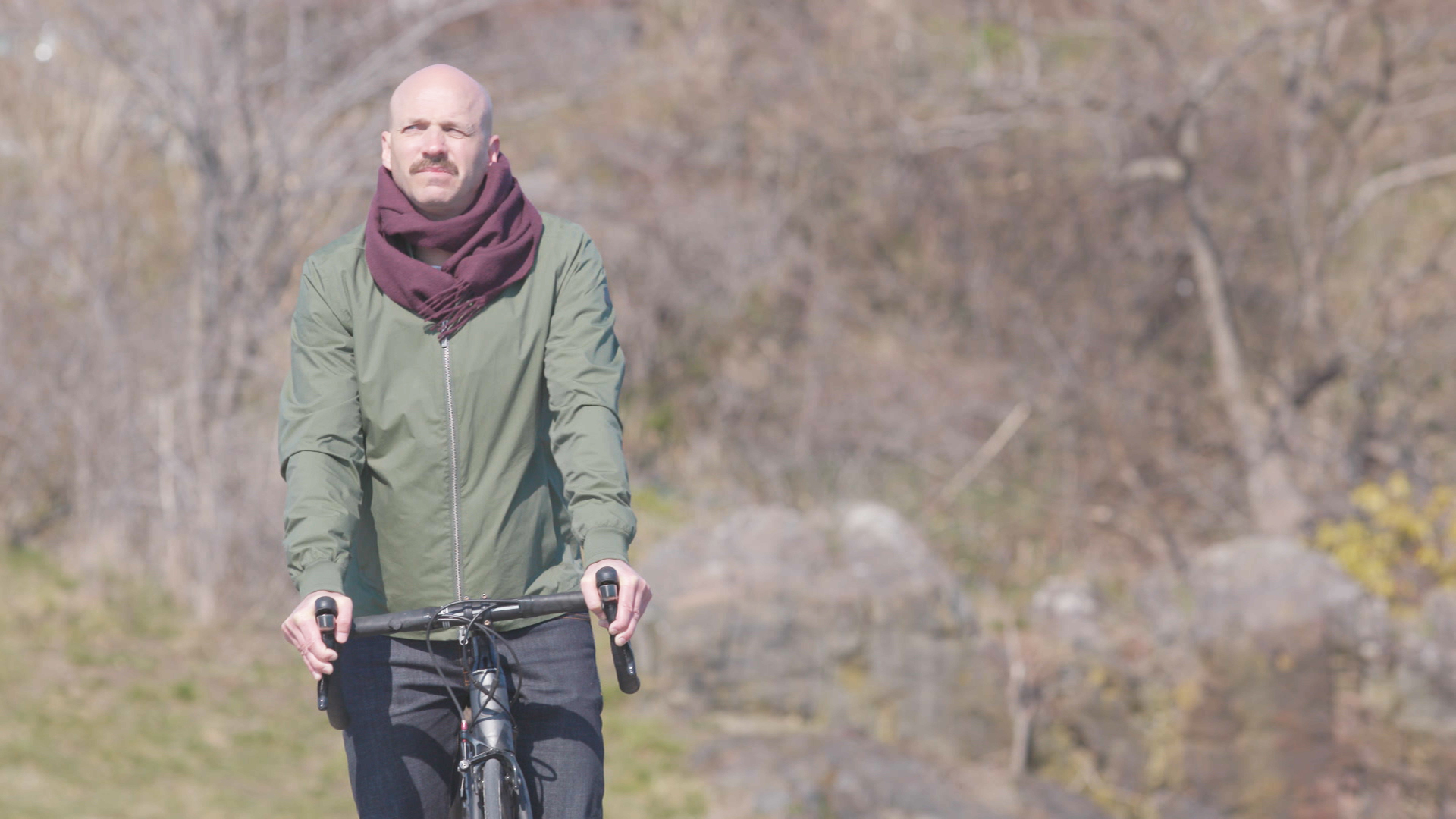
THE INTERVIWEES
NEGOTIATING IS THE GAME WHERE THERE ARE ONLY WINNERS.
No negotiator works alone. Besides them, there are many different and prominent figures, because although all conflicts have similarities no two are the same.
Here are some of the personalities that we intend to interview in order to offer a kaleidoscopic vision of the negotiation process around the world.


